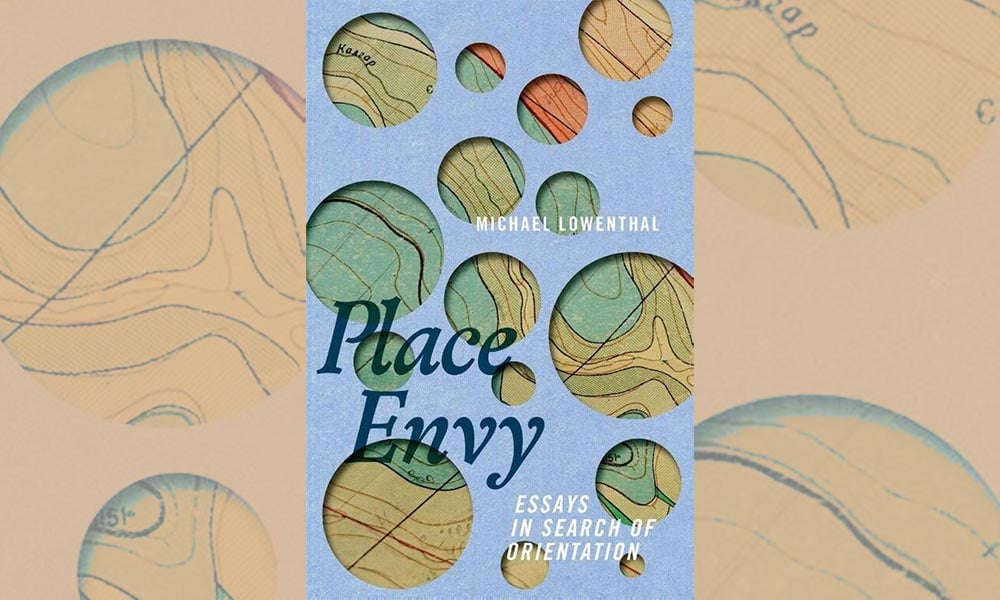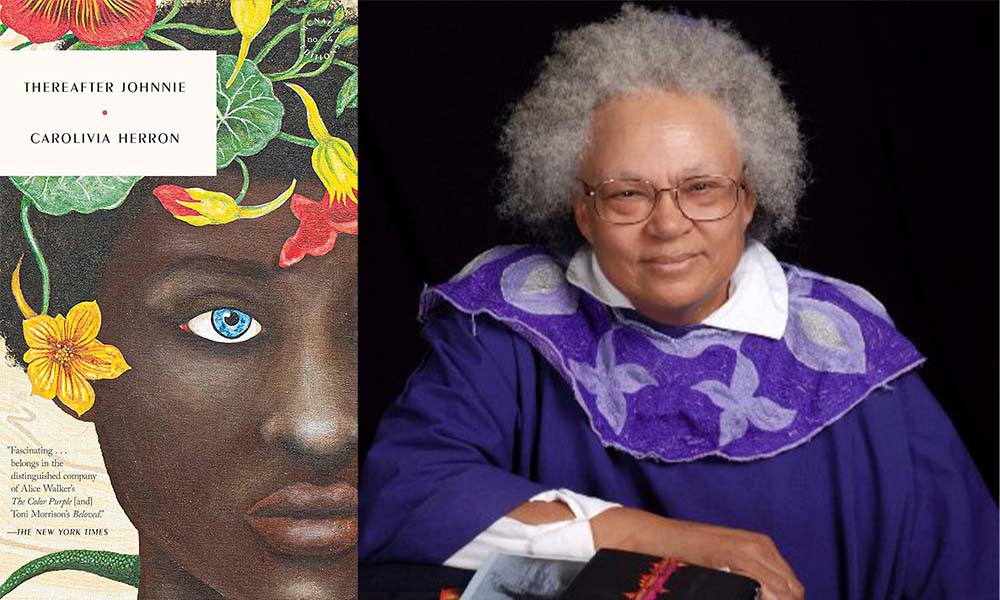Place Envy: Essays in Search of Orientation By Michael Lowenthal Mad Creek Books, 296 pp I, too, have been
...John Lennon, if you didn’t know, had a slight Nazi obsession. As a boy, he would doodle drawings of Hitler,
...Carolivia Herron has to reschedule our interview. “I just remembered,” she emails me, “I’m supposed to do a re-enactment as
...Robert H. Jackson: A Life in Judgment By G. Edward White Oxford University Press, 408 pp. Supreme Court Justice
...When Stephen Fishbach announced he was publishing a novel about an island-based competition reality show, I thought I knew what
...It’s a literary crowd here at Moment. When I sent the call out to participate in a list about the
...A barrage of tragedies have further darkened this already chilly winter season, but there’s one advantage to the short days
...I didn’t really know much about Judaism growing up—only that my half identity called for both a menorah and a
...











